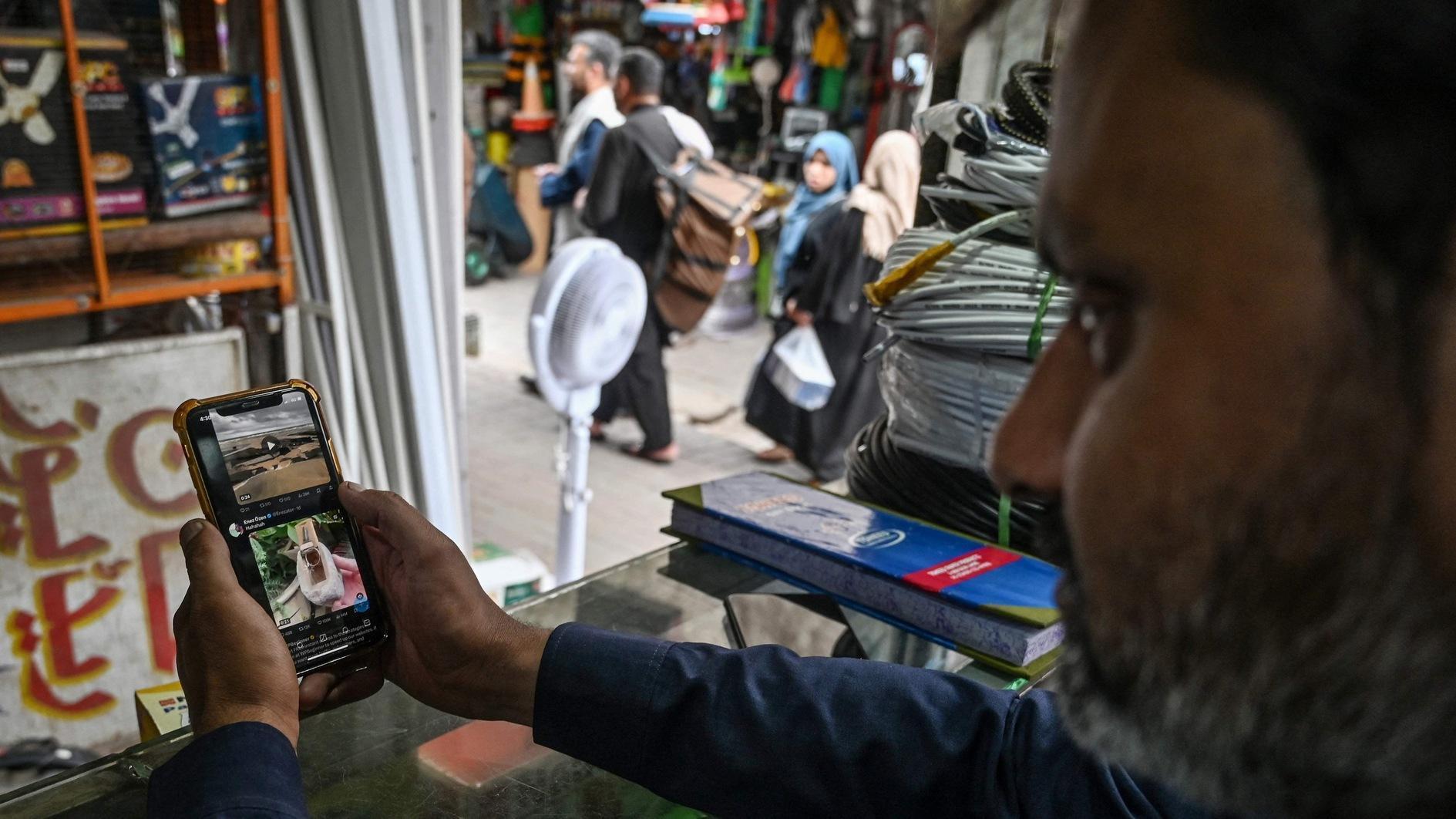With Akıncı’s election, a new era opens in Cyprus
Sunday’s presidential elections in northern Cyprus will usher the island into a new and challenging phase. Mustafa Akıncı, the winner of the runoff with over 60 percent of the vote will face a daunting task once he takes office later this week: UN envoy and a team of international mediators convinced Greek Cypriot leader Nikos Anastasiades to return to talks and now that northern vote is left behind as well time is up to concentrate on talks and finish off the Cyprus problem this way or the other within next two years.
The first round of voting on April 19 was inconclusive. In Sunday’s second round of voting incumbent Dr. Derviş Eroğlu and Mustafa Akıncı, the two front-runners of the first vote contested.
Despite pre-election forecasts in public opinion polls, with his “clean politician image” and a political career committed to seek a resolution to the Cyprus problem Akıncı managed to forge a left-right coalition in the runoff vote that carried him to victory, thus to become the second left winger in the difficult seat of presidency since the creation of the Turkish Republic of Northern Cyprus in 1983.
All through the election campaign Eroğlu campaigned on the assumption that Turkish Cypriots would vote taking into consideration the Cyprus talks process and how determined he has been in defending Turkish Cypriot rights in sovereignty, territory and the principle of equality of the two peoples of the island. Akıncı – a three-time mayor of Nicosia’s Turkish sector in the 1970s and a former deputy prime minister who made a late comeback to politics as presidential candidate – on the other hand campaigned on a pledge that he could deliver a settlement, but did not elaborate what he thought on any of the major contentious issues of the stalled talks. Still, the vow of Akıncı that he would establish “compromise solutions” to all issues with both the “north and south” demonstrated that unlike conservatives who considered Turkey as “motherland” for him there was no difference between the “Cyprus republic in the south” and “Turkey in the north.”
Indeed perhaps it was that language Akıncı managed to come to the forefront in north Cyprus dominated over 60 percent by supporters of conservative politics. Most Turkish Cypriots have been fed up with Turkey’s growing arrogance towards northern Cyprus as well as being left out in the cold by the international community despite they overwhelmingly voted for a UN plan in 2004.
Cyprus talks are slated to resume sometimes in May. There was growing concern among conservative Turkish Cypriots ahead of the vote that election of Akıncı as president might be nothing better than scoring a goal into own nets. Akıncı was away from politics for more than a decade. His Communal Democratic Party (TDP) is a minute party of the left notorious with its defeatist approaches to the Cyprus problem. UN, US, UK and all the rest of international power brokers, however, talk of a Cyprus settlement within few months. With a novice president and a novice negotiating team would not Turkish Cypriots land in something very smelly?
Of course any accord made by the two leaders will enter into force only after approved by the two peoples in separate simultaneous referenda, the cost of saying “no” might not be so rewarding for Turkish Cypriots. Definitely, they would not be given a green card of accession into European Union as was done to Greek Cypriots after they rejected the UN plan in 2004 but perhaps they will come even under stricter isolation.
With Akıncı in office, there will be a new era opening in Cyprus.











